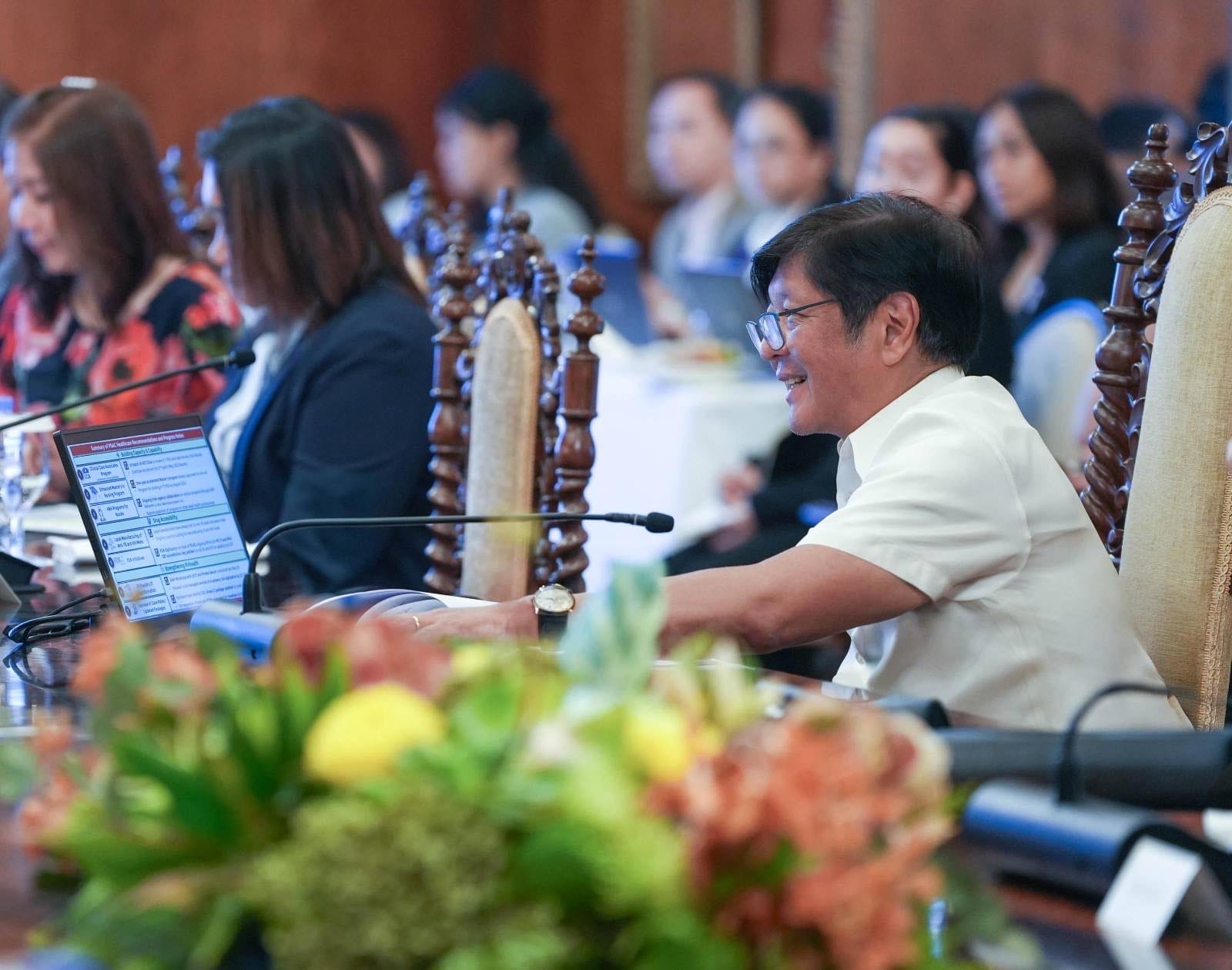Gov't addressing demand for more nurses
At A Glance
- In an Instagram post late Wednesday, President Marcos expressed satisfaction with the meeting's outcome.
The government is addressing the growing demand for more Filipino nurses in and outside the country, the Private Sector Advisory Council-Healthcare Sector Group (PSAC-HSG) said on Wednesday, June 19.

President Marcos met with the PSAC-HSG and other concerned agencies in Malacañan to discuss updates on its recommendations to establish a resilient and responsive healthcare system.
In an Instagram post late Wednesday, the President expressed satisfaction with the meeting's outcome.
"Happy to report that in our PSAC meeting today, we prioritized access to essential healthcare services and medicines for every Filipino," he wrote.
During the meeting, PSAC Healthcare Sector Lead Paolo Borromeo said the group is building momentum for the Clinical Care Associates (CCA) program which aims to help underboard nurses who could not pass the test during their time.
He said that with the help of the Commission on Higher Education (CHED), the PSAC has developed a program to encourage both the public and private sectors to identify the nursing underboards and enroll them in a review program so they can take the test in November.
According to Borromeo, who is also the President and CEO of Ayala Healthcare Holdings Inc., the first batch of 457 Clinical Care Associates (CCAs) has been matched to seven higher educational institutions (HEIs) for board reviews.
The recruitment is ongoing for the second batch of CCAs for the May 2025 board examinations.
"To date, we have 457 CCAs out of 1,000 that we have a budget for. So, we continue to look for more CCAs around the country," he said.
"It’s a work in progress, I think 457 additional nurses, assuming all of them passed will be a big addition to our list of nurses,” he added.
Records also show an increase in nursing board passers starting 2022 onwards as compared to the pre-Covid years due to the recalibrated curriculum.
Also, the Enhanced Master’s Degree in Nursing Program was approved for roll-out with pilot implementation in 17 HEIs by August this year.
This is in addition to the ongoing inter-agency collaboration on various programs such as bilateral labor agreements, the Balik Nurse Program, and the Technical Education and Skills Development Authority (TESDA)-CHED Credit Transfer.
Through the one-year accelerated Master’s program in Nursing, which was organized with CHED’s assistance, the government expects to produce more teaching personnel in nursing.
In addition, the Department of Foreign Affairs (DFA) and the Department of Migrant Workers (DMW) have been working to come up with bilateral agreements with other countries willing to subsidize the education of Filipino nursing students that they can eventually hire in the future.
Authorities are also looking at local government units (LGUs) who could undertake the adopt-a-hospital program and other measures to address nursing shortage.
Currently, the government is working with Austria to carry out such arrangements. It plans to organize caravans to gather necessary information and assistance that can be provided to the hospital and training facilities on an ad hoc basis while it sets up permanent training arrangements between the Austrian hospital and the LGU partner.